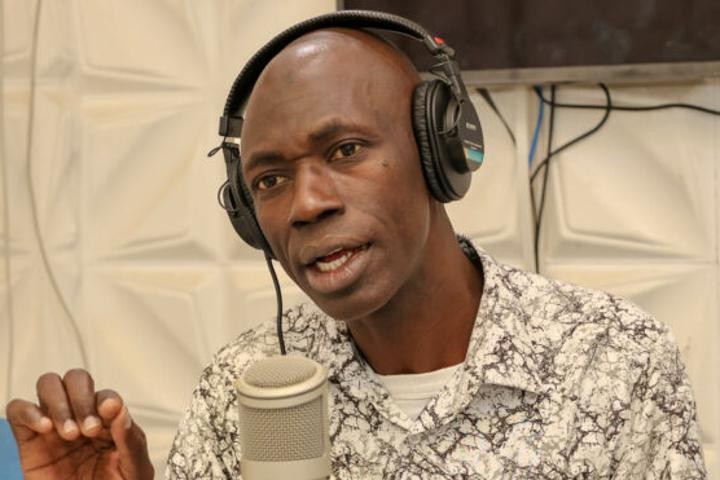
The growing public anger on the poor roads in Juba City has found a voice in the Community Empowerment for Progress Organization (CEPO), which is now urging the Juba City Council to to fix the city’s internal road networks.
For residents of Juba, navigating the city has become a test of patience as potholes and deteriorating roads is turning daily commute into a frustrating ordeal.
CEPO’s Executive Director, Edmund Yakani, who is visibly frustrated with the situation said the poor conditions are hurting daily life and business.
“The status of infrastructure in Juba City Council is deteriorating and is creating hardship for citizens doing their activities,” Yakani said.
He argues that the poor road conditions have a direct and damaging effect on daily life and business, a situation that resonates deeply with many city’s inhabitants.
“I am appealing to the lord mayor of the Juba City Council to take responsibility in improving the internal roads.”
This call to action comes after years of frustration over Juba’s bad roads. While the government has launched several road rehabilitation initiatives with considerable display, tangible and lasting results have been slow to materialize.
In January 2024, the national government, in collaboration with Central Equatoria State government, inaugurated a project to construct and rehabilitate 35 kilometers of internal roads in Juba.
However, progress on this and other projects has been hindered by what officials often cite as ‘financial challenges.’
Africa Resource Corporation (ARC), the company contracted to execute a significant portion of the work, has halted operations, citing a lack of funds.
The effects of the poor roads extend beyond the daily inconvenience. Yakani explained that the dilapidated roads lead to increased vehicle maintenance costs.
H said the expenses incurred are often passed on by traders to consumers, inflating the prices of essential goods.
The activists further questioned the use of revenue from various taxes imposed by the City Council, arguing that the various taxes could be justified if they were used to improve essential services, including road maintenance and healthcare.
“Just tax collection usage by improving the international roads; as you pick taxes, we are demanding for you to improve our roads and other services,” he stressed.
The responsibility for addressing now largely falls on the shoulders of Juba City Mayor, Johnson Swaka, who assumed office in August 2024 with a mandate to improve the city’s sanitation and infrastructure.
While the Mayor has been visible in tackling issues like waste management with deployment of new garbage trucks, there has been no publicly detailed comprehensive plan to address the prevalent problem of poor roads.
With heavy rains forecasted in the coming months, existing potholes are expected to worsen which would potentially render some routes impassable.

